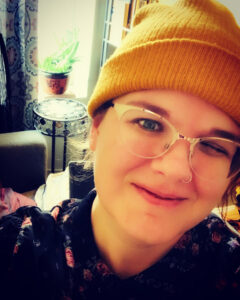Ethan Mau
9/2/2020
English 1121
Prof. Penner
Quote 1 :” A DC has a broadly agreed set of goals “
Response 1: I would disagree with this statement, but only slightly because I believe a DC does not need to agree on a set of goals, but agreeing on a set of goals is a method of creating a DC, whats more interesting to me is how the DC got formed, and why it formed more than what their goals are
Quote 2: ” A DC has an explicit or implicit hierarchy and/or structure which, inter alia, manages the processes of entry into and advancement within the discourse community “
Response 2: This is something I have seen with my very own eyes in my own DCs, where there would be an implicit hierarchy, that is not necessarily enforced unless needed.
3 examples of DC
1: Family (Local DC)
– this is what I would consider a local DC, where we all live with our own values and ideas, and tolerate those around us who might have a different concept of living. An example I would use in my family would be how I and the adults in my family have extremely contradictory life ideals, but both tolerate being in the same location with so little privacy. We respect each other and have the same ideas on taking care of one another, but it does not extend past that.
2: Online Community (Focal DC)
– I am very lucky to where I have great access to many extremely inclusive online communities that have made me feel like family more than my family. These people are from all over the world, be it Vietnam and France, and as well as Canada, and other states in the US. These people treat me better than family, caring about my emotions and intentions instead of the result.
3: Group of friends ( Hybrid DC)
– This would be considered a hybrid DC in my opinion because of how we communicate with one another, as well as how the allegiances are. There are several “mini” groups in this group of friends, as well as being a larger community for the entire group. We communicate both through face-to-face interaction, as well as through online capacities.





Leave a Reply